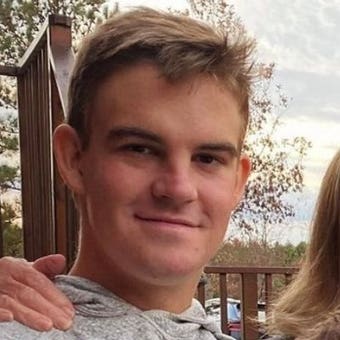NASA trying to keep International Space Station in orbit amid Russian conflict
Author and former NASA engineer Homer Hickam joins 'Fox & Friends First' to discuss Russia's threat to withdraw support for the International Space Station.
A mission to investigate potential life on Mars by the European Space Agency and Roscosmos has been put on pause after Russian forces invaded Ukraine last month.
"As an intergovernmental [organization] mandated to develop and implement space [programs] in full respect with European values, we deeply deplore the human casualties and tragic consequences of the aggression towards Ukraine," the ESA said Thursday in announcing that it is suspending its cooperation with the Russian space agency on the mission.
The organization's ruling council unanimously acknowledged on Thursday the "impossibility of carrying out the ongoing cooperation with Roscosmos on the ExoMars rover mission," which was set to launch in September.

This artist rendering from the European Space Agency shows the European-Russian ExoMars rover that was set to take off from Earth in September. ((European Space Agency via AP))
The 9-month trip to Mars has a tight 10-day launch window that only comes around about once every two years.
"As Earth and Mars orbit the Sun at different speeds and distances, once about every 26 months, they are aligned in a way that allows the most energy-efficient trip to Mars," NASA, which successfully landed the Perseverance rover on Mars last year, explains.
The ESA's rover, named Rosalind Franklin after a British chemist whose work was essential to unraveling the structure of DNA, can drill up to about six feet into the ground and collect subsurface samples for a laboratory onboard.
The head of the ESA is now looking into other options to get the rover to Mars without Russia.
While the mission to Mars may be off for now, the ESA said operations at the International Space Station are running normally.
CLICK HERE TO GET THE FOX NEWS APP
There are currently four U.S. astronauts, two Russian cosmonauts, and one European onboard the ISS. Later this month, NASA astronaut Mark Vande Hei is set to return to Earth onboard a Russian Soyuz rocket with the two cosmonauts, Pyotr Dubrov and Anton Shkaplerov.
Despite concerns that the return trip could be scuttled by the Russia-Ukraine conflict on Earth, NASA and Roscosmos said Tuesday that Vande Hei would be returning to Earth with his Russian counterparts on March 30.










































